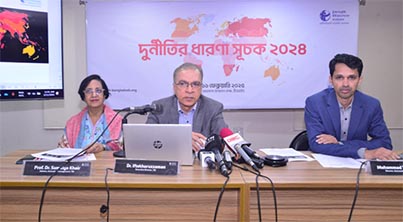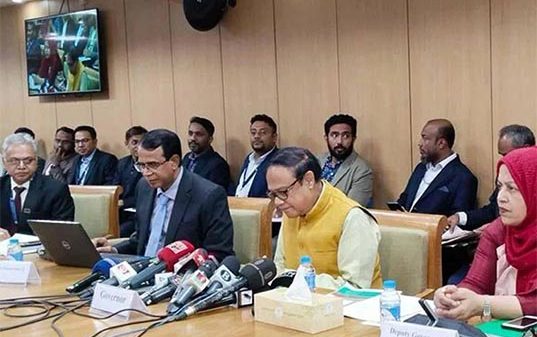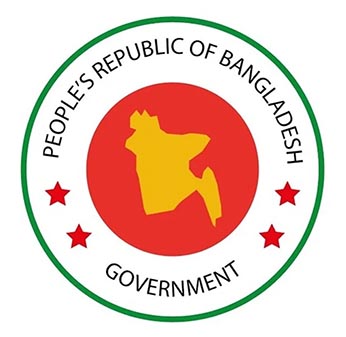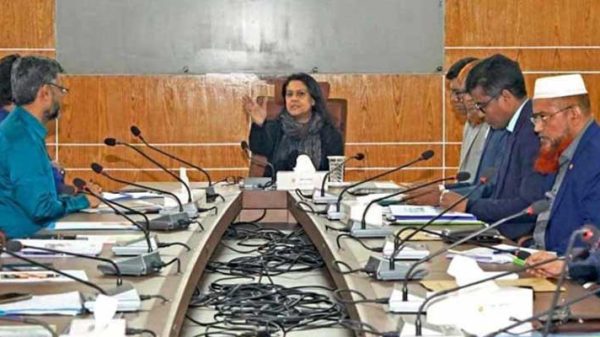Defaulted loans threaten financial sector

- Update Time : Monday, 10 February, 2025, 02:12 pm
- 11 Time View
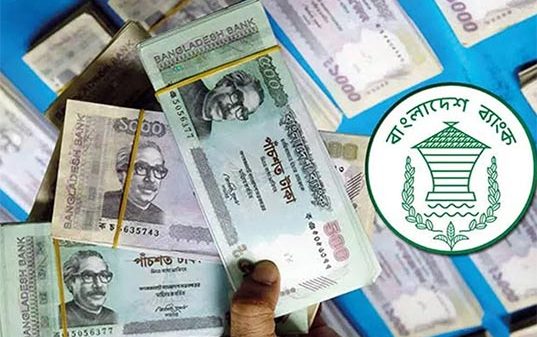
Online Desk : The Finance Division believes that the country’s financial sector is at significant risk due to defaulted loans. According to sources the default rate stood at 6.12% in December 2011, and it surged to 16.93% by December 2024. Additionally, mismanagement and corruption in the sector under the previous ousted government have left at least 10 banks in a vulnerable position. In response, the government is moving forward with a comprehensive Asset Quality Review and is considering bank mergers to mitigate the risks. According to sources from the Finance Division, a report titled “Bangladesh’s Economy: Recent Challenges and Future Directions”, outlining necessary actions in the current scenario, was submitted to Chief Adviser Muhammad Yunus by Finance Adviser Dr. Salehuddin Ahmed yesterday (February 9). The report highlights high inflation as the biggest hurdle to macroeconomic stability, with overall inflation surpassing 11% in July, and food inflation reaching 12.92%. However, by January 2025, inflation pressure eased to 10.72%.
The Finance Division attributes the surge in food prices to weaknesses in the supply chain and is closely monitoring production, stock, and supply levels. A new framework has been introduced to match annual demand with stock levels for essential food items such as rice, lentils, oil, and potatoes. Efforts are also underway to improve the distribution process, ensuring direct delivery from fields to consumers. The report further highlights that in an effort to significantly reduce arrears in the power sector, the subsidy for the current fiscal year has been increased from BDT 40,000 crore to BDT 62,000 crore. To control the subsidy without raising electricity prices for consumers, various measures are being taken to reduce production costs.
In terms of revenue growth, initiatives have been introduced to streamline online VAT and return filing processes. The online platform has been revamped to enhance efficiency. With the country’s graduation from the list of least-developed nations, import duties will be reduced, making it essential for the Finance Division to focus on increasing revenue from income tax and VAT. To achieve this, the complete automation of the income tax and VAT departments is considered crucial for boosting revenue collection.
Sources have said that, in response to the current economic challenges, the Finance Division has prioritized five key actions. Following the political transition, the economy faced significant setbacks, necessitating changes in monetary and fiscal policies for short-term stabilization. These policy adjustments are already driving positive shifts in the economy. The primary challenge was reducing inflation below 10%, but it is expected to fall to around 8% by June. Moreover, addressing supply chain issues will not only help control inflation but also stimulate economic recovery. However, sources have warned that the Interim Government may face risks in the short term, particularly due to weaknesses in the financial sector and potential labor unrest.

